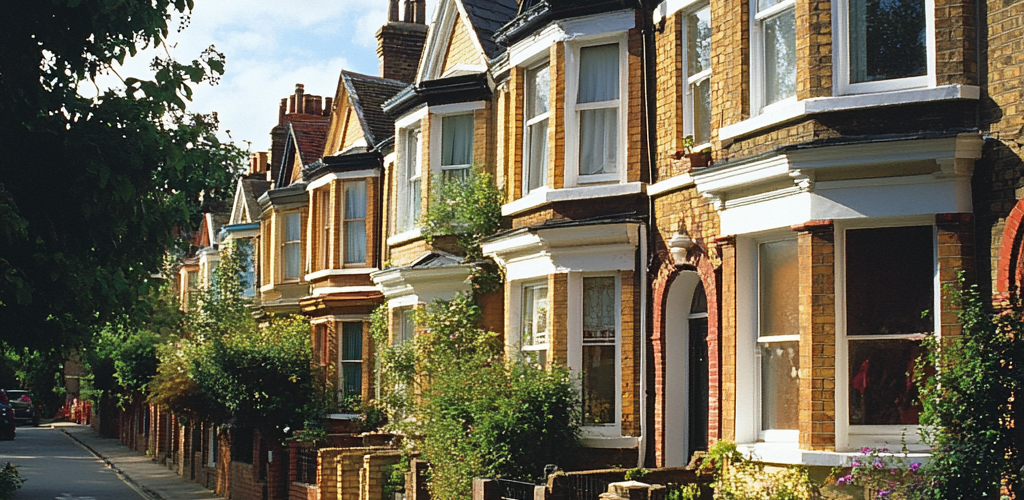- Suppliers usually account for VAT to HMRC, but sometimes customers must account for VAT themselves.
- Reverse charge and self-supply mechanisms prevent VAT avoidance and fraud.
- Purchasing services from abroad requires UK businesses to use the reverse charge procedure.
- Businesses account for output tax and claim input tax, including supply value in VAT returns.
- Common services include professional, digital, marketing, and intellectual property services.
- Construction industry uses domestic reverse charge for specified services to combat fraud.
- Applies to building, demolition, repair, installation, and equipment hire services.
- Suppliers issue invoices with 0% VAT, customers account for VAT at standard rate.
- Exceptions include supplies to non-VAT registered customers and end-user supplies.
- Mobile phones and computer chips face reverse charge for transactions over £5,000.
- Suppliers provide invoices with reverse charge notation, no VAT shown.
- Purchasers account for output tax and may claim input tax.
- Post-Brexit, international goods purchases have different VAT obligations.
- Import VAT applies from EU countries, with postponed VAT accounting available.
Source: deeksvat.co.uk
Note that this post was (partially) written with the help of AI. It is always useful to review the original source material, and where needed to obtain (local) advice from a specialist.
Latest Posts in "United Kingdom"
- Post-Brexit VAT Shifts: Reverse Charge and the New Digital Landscape
- Isle of Wight NHS Trust Wins VAT Exemption Case for Locum Medical Practitioners Supply
- Tribunal Rules on VAT Exemption for Locum Medical Practitioners Supplied by Agencies
- VAT Appeal Dismissed: Nitrous Oxide in Cream Chargers Not Zero-Rated as Food
- FTT Dismisses Akhtar’s Appeal Against HMRC’s Best Judgement VAT Assessments Due to Missing Records















